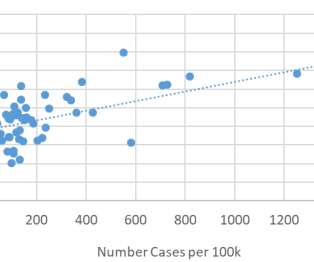Study finds higher gasoline taxes do not disproportionately impact the poor, especially in developing countries
Green Car Congress
NOVEMBER 30, 2011
However, a new study by researchers at the University of Gothenburg (Sweden) finds that middle- and high-income earners are generally affected the most by gasoline taxes, especially in poor countries, rather than poor people. Sterner is lead author in the UN climate panel’s (IPCC) working group Mitigation of Climate Change.




















Let's personalize your content